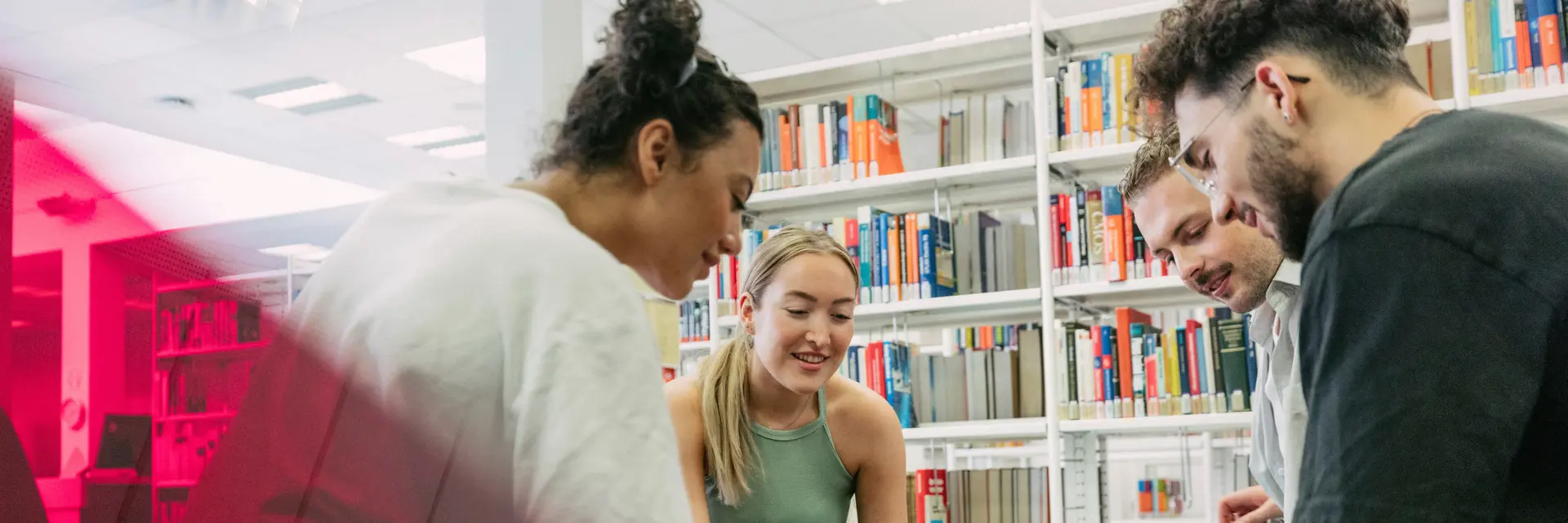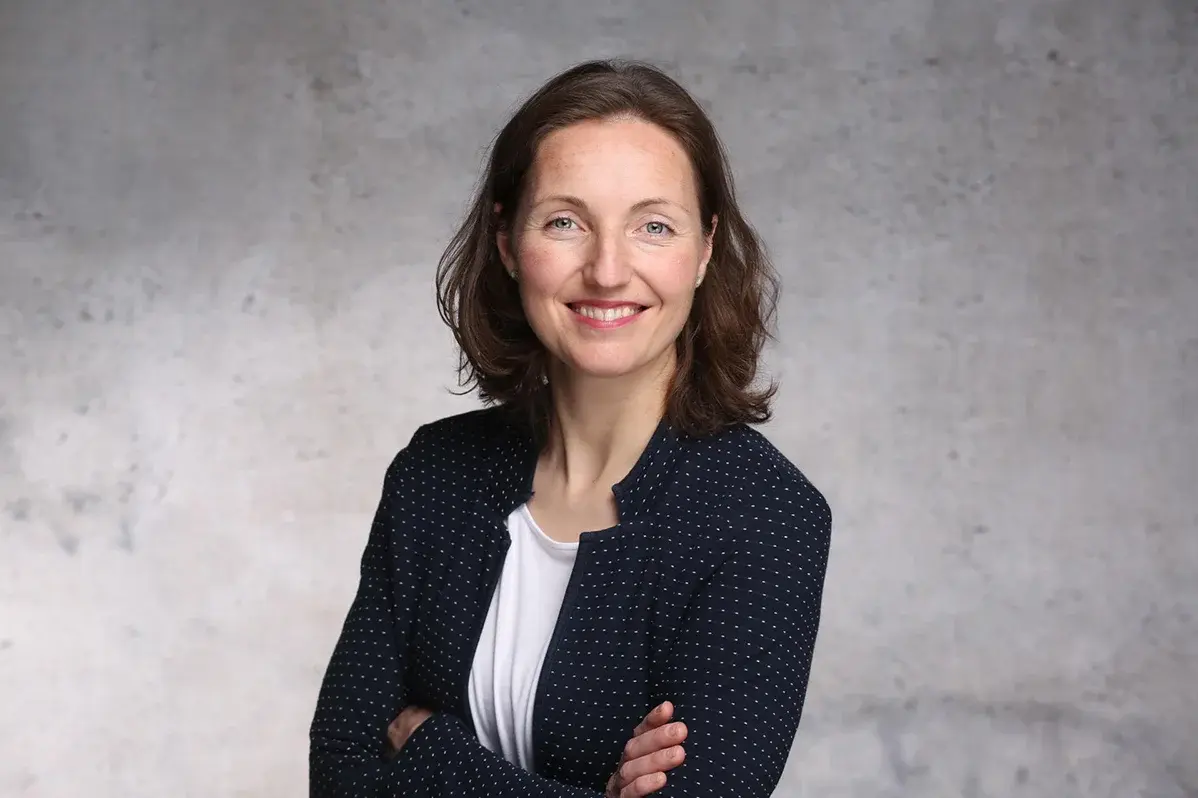Dr. Pia Rother studied sociology, social pedagogy and psychology at Dresden University of Technology. She began her career at the German Youth Institute in Munich, working in the research project Arbeitsstelle Kinder- und Jugendpolitik, where she was responsible for coordinating the Federal Youth Advisory Board – an advisory body to the German government – and collaborated with policymakers, professionals and academics. Rother then worked as a research associate at the University of Siegen, where she also completed her doctorate, and at Johannes Gutenberg University Mainz. She expanded her teaching experience through teaching assignments in Luxembourg, Rostock and at accadis University of Applied Sciences Bad Homburg, and later served as an interim professor at the Universities of Siegen and Kassel.
What aspect of your research fascinates you the most?
I am fascinated by how (educational) participation takes shape in everyday settings. In other words, where people meet, where support succeeds or becomes challenging. I examine issues of educational equality, the role of educational professionals in collaborations between social work and educational settings (e.g. school social work, all-day schooling, daycare centers) and their implications for childhood and adolescence. I am particularly interested in how professional support succeeds when children’s individual needs meet institutional requirements. In projects on school social work, homework support in open child and youth services and all-day school partnerships, I explore how professionals foster children’s participation and which professional orientations guide their actions, as well as the role routines play in organizations.
What does good teaching mean to you?
For me, good teaching means helping students develop sensitivity to the complexity of socio-pedagogical practice and supporting them in forming their own professional, reflective stance. I see myself as a facilitator of learning opportunities and creating space for critical discussions. I am particularly pleased when students take up these impulses, contribute their own interests and new perspectives emerge as a result.
What did you want to be growing up?
As a child, I dreamed of becoming a veterinarian, singer or actress – clearly fascinated early on by how relationships and resonance develop. A veterinary internship, however, showed me that my path led to people rather than animals after I lost consciousness during an operation.
How do you find balance outside of work?
I find balance outside of work by spending time with my family and friends, attending concerts, traveling, enjoying good food and, though rarely, rock climbing. New experiences, dancing and being in the moment help me return to my desk or to class refreshed and inspired, sometimes even after a short night.

